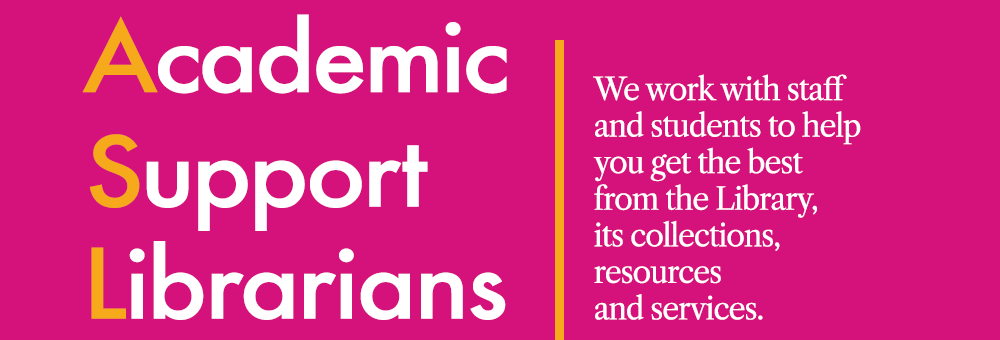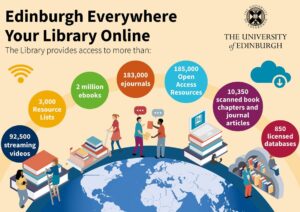
Photo by Austin Chan on Unsplash
In our third and final post about the LILAC conference (you can find part one here and part two here) I wanted to touch on the topic of becoming better teachers. Although there was so much to take in from the conference – as you’ll have read from Ruth and Christine’s posts – one of the most impactful things I learned from the sessions was that the work we do is so important and impactful on our students, and it’s in all of our best interests that we consider that we have a powerful role to play in teaching.
The session I attended on the topic of Students, academic reading and information literacy in a time of COVID really reminded me that there can be a marked difference in the information we think our students want, and what they actually want. The panellists explored the results of the Academic Reading Format Information Study (D Mizrachi, 2021) which shows that over 70% of students prefer to use print books for academic study, with only 8.7% preferring ebooks. A later examination of student trends during the pandemic showed that 73% of students who responded in the US would not complete all their prescribed readings for their course due to their availability online. These results surprised and somewhat concerned us, particularly as many institutions operate on an e-first policy for library acquisitions now. If students don’t want ebooks, are we doing them a disservice by putting such emphasis on online access? Do we need to communicate and provide better training in order to help make these resources more accessible? Ultimately these questions could be answered by working more directly with students and not making assumptions about what information needs they have.
There were also inspiring sessions to encourage us to continue to develop as professionals ourselves, because by allowing ourselves time to write and research and read more about developments in our profession, we not only share the student experience with those we teach but we also develop better praxis for ourselves. All three of our academic support librarian delegates attended the Getting Your Writing Groove Back workshop run by the Journal of Information Literacy representatives, and I think all of us found it both fun and instructive. As a result we’ve already restarted the L&UC Journal Club, and look forward to building research and writing further into our current workplace activities in the future.

Slide from Getting Your Writing Groove Back presentation, by the team from the Journal of Information Literacy.
My final thought on becoming better teachers as librarians is that we need to seek out recognition of the work we’re already doing. The fact is that many library workers don’t consider themselves teachers, but by attending this conference I was able to hear many people from around the country talk about the impact their work has, and it reminded me that we’re already doing lots of this. Whether it’s creating subject guides or video demonstrations of resources, writing web content or blogs to help highlight useful databases, or directly providing instruction in front of hundreds of students, we are teachers too.
Ruth already spoke about the inspiring words of Marilyn Clarke and Emily Drabinski, but I must return to their keynotes as they both drove home the point for me. Libraries are important and library workers have influence. We must be intentional in the work we do. We have the power to affect great change in the lives of our students and our institutions, whether it’s including a range of examples in our work to help our students feel like they belong in their classes, or challenging them to find a wider variety of voices beyond their prescribed reading. We are supporting their learning and we need to recognise the power we have in order to use it to be the best teachers we can be.
SarahLouise McDonald
Academic Support Librarian













